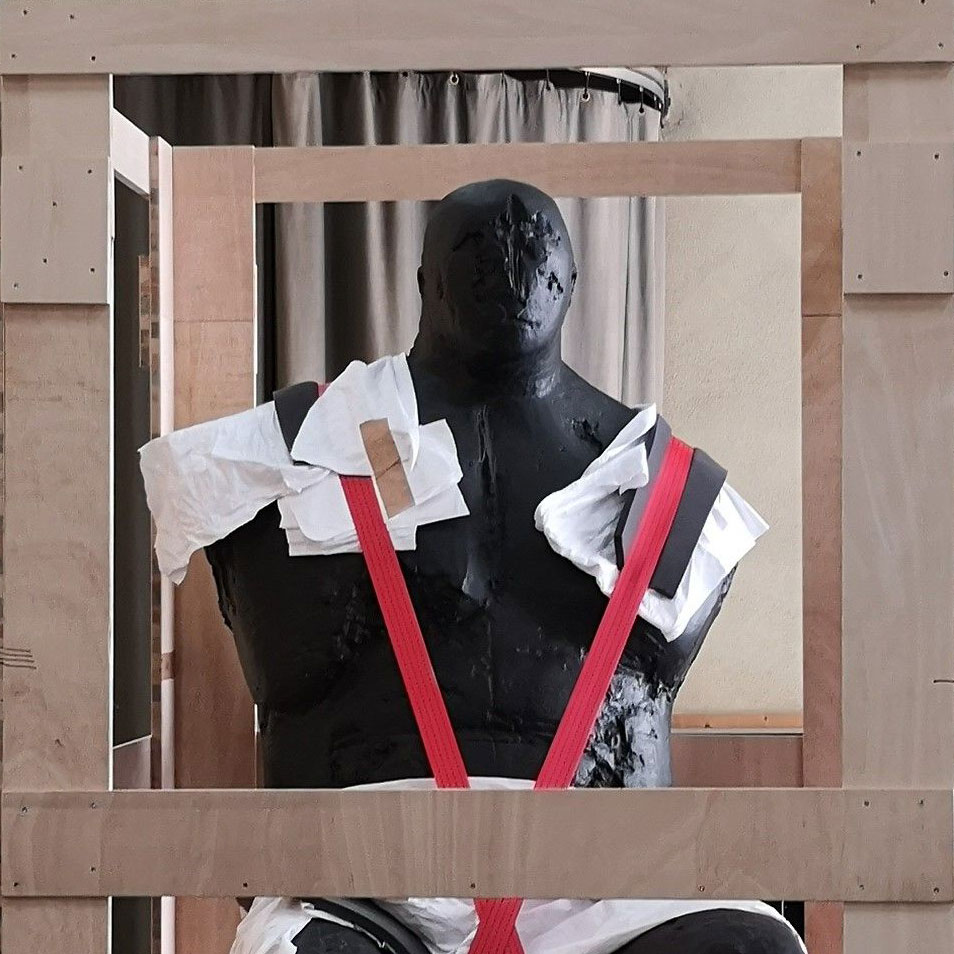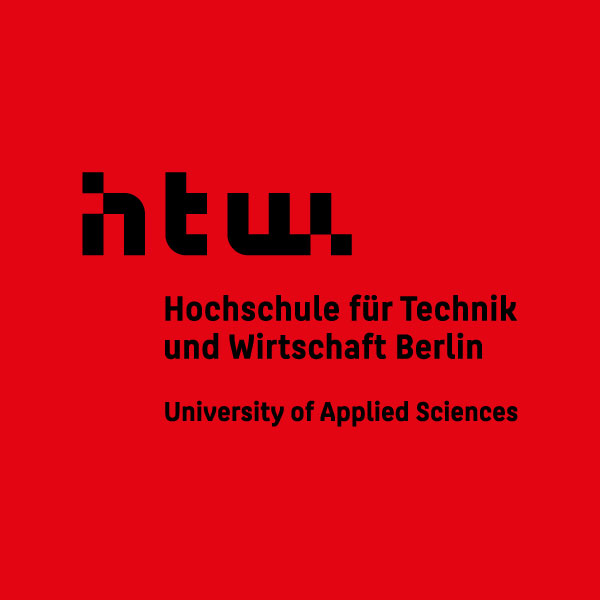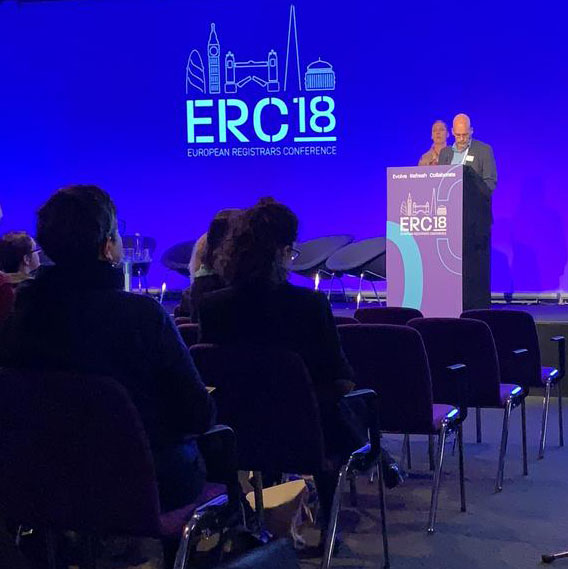JOB DESCRIPTION

© Gustav Seitz Stiftung, Trebnitz, Foto: © Staatsgalerie Stuttgart
As a registrar employed in museums, exhibition venues and galleries, or as a freelancer, your work includes not only exhibition and collection management, but also arranging the incoming and outgoing loans of your institution at a national or international level. Your tasks and responsibilities may vary, depending on the institution and the field of work.
Details of the insurance coverage held by lenders and borrowers have to be ascertained. Are federal and state liabilities accepted? Is there a current facility report? Packing and transport terms have to be agreed upon and customs issues have to be clarified. Is the budget being upheld? Dates concerning exhibition coordination and security need to be clarified. Collection and object management are ongoing tasks. The inventory and any problems related to provenance research also require constant attention. Licence rights have to be obtained. The recording and processing in digital databases of objects in the collection and of loans has to keep pace with new developments.
The care and maintenance of collections and the development of professional storage concepts in cooperation with conservators are also part of your core skills as a registrar, as are the implementation and development of workflows and recording specifications within the framework of international standards. And all the while, you have to keep an eye on the financial and economic parameters.
This wide range of responsibilities means that registrars work in close cooperation with curators, conservators, designers, collection managers and museum technicians, as well as administrators, the press and public relations officers. You thus occupy a central position, ensuring the flow of information, both internally and externally.
To qualify for work as a registrar, we recommend pursuing courses in art history, history, or museum studies. An understanding of issues relating to collection care and museum processes, insurance and logistics is helpful. Basic knowledge of law and business management also puts you at an advantage. Proficiency in at least one foreign language is a given. A solid set of skills including teamwork and communication abilities, proficiency in understanding and planning complex workflows, alongside a high level of personal resilience, a strong sense of responsibility, and strong nerves, complete the ideal profile.
Working professionally in a museum: DMB Guide
PROFESSIONAL DEVELOPMENT
Registrars Germany e.V. and the Museum Studies course at the HTW Berlin have joined forces to offer a qualification in exhibition and collection management with theoretical and practical components, taught by recognised lecturers.
In addition, the course includes excursions.
The course is offered part-time for students and working professionals, and it is held once a year during the winter semester. Over a five-month period, online modules and in-person sessions at HTW Berlin take place approximately every second Friday and Saturday from 9 a.m. to 4 p.m.
The exact dates and registration options can be found here.
If you have any questions, please contact the members of the board.
NETWORK
REGISTRARS INTERNATIONAL
AUSTRALIEN
Australasian Registrars Committee
DÄNEMARK, FINNLAND, NORWEGEN, SCHWEDEN
FRANKREICH
Association française des régisseurs d’oeuvres d’art AFROA
GROSSBRITANNIEN
ITALIEN
Associazione italiana registrar di opere d’arte
NIEDERLANDE
NRG (nederlandse registrar groep)
ÖSTERREICH
SCHWEIZ
SPANIEN
Asociación de Registros de Museos e Instituciones Culturales Españolas ARMICE
UNGARN
USA
ARCS The Association of Registrars and Collections Specialists
Registrars Committee of the American Association of Museums


